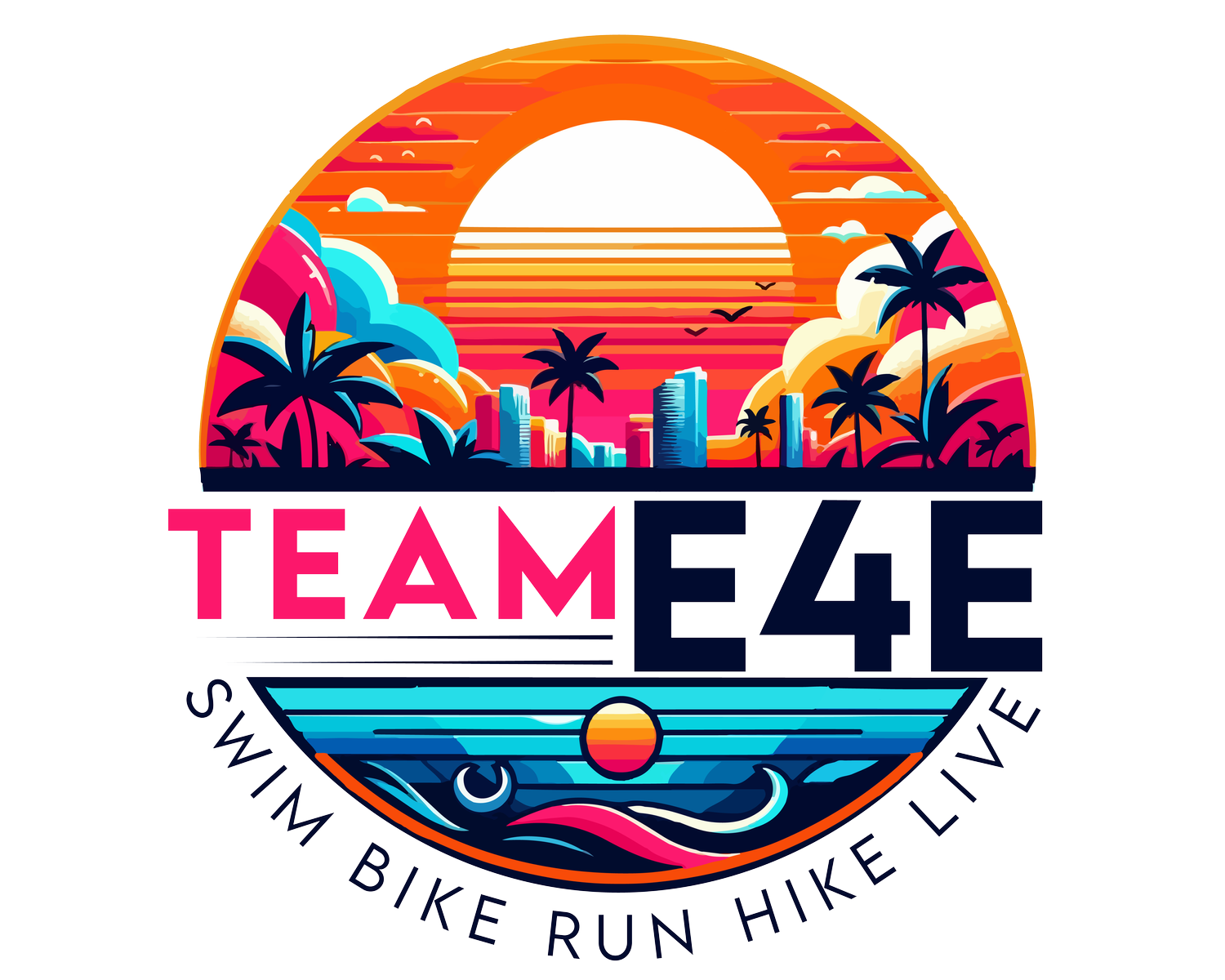Mastering the Digital Deluge: Strategies for Navigating Information Overload in the Age of Information
A wealth of information creates a poverty of attention
Herbert Simon
This is remarkably prescient and increasingly relevant in today’s digital age. It essentially captures the paradox of the information era: as the volume of available information grows, our ability to absorb and process it diminishes. This phenomenon has profound implications for learning, making decisions, and interacting with the world around us.
The Paradox of Information Overload
Historical Context: Simon made this observation in the late 20th century when the digital revolution began taking shape. Even then, the sheer volume of information grew exponentially due to the advent of computers and the internet. Fast forward to today, and the scenario has magnified manifold.
Information Overload: In the current age, we are bombarded with a constant stream of data – from news feeds and social media updates to endless emails and instant messages. The internet has democratized information access, but it has also led to an overwhelming influx of qualitative and quantitative content.
Cognitive Bandwidth: Human cognitive bandwidth is limited. We can only process a finite amount of information at a given time. When too much information is presented, filtering out the noise and focusing on what's truly relevant becomes challenging. This leads to a poverty of attention, where our ability to concentrate and deeply engage with information is compromised.
Impact on Decision-Making and Learning
Decision Paralysis: With too many options and too much information, people often find it hard to make decisions. This phenomenon, known as analysis paralysis, can lead to inaction or poor choices as the individual gets overwhelmed by the available data.
Superficial Learning: In an environment rich with information, there is a tendency to engage in shallow rather than deep learning. People often skim through information without fully understanding or integrating it. This can lead to a superficial grasp of subjects and lack in-depth knowledge or critical thinking.
Shortening Attention Spans: The constant bombardment of information also contributes to shorter attention spans. Many find it difficult to focus on a single task for extended periods, as they are used to rapidly switching between different sources of information.
Societal and Psychological Effects
Social Media and Echo Chambers: Social media platforms exacerbate this issue by creating echo chambers. These platforms use algorithms to feed users information that aligns with their existing beliefs, further narrowing the scope of attention and exposure to diverse perspectives.
Stress and Anxiety: The relentless influx of information can lead to increased levels of stress and anxiety. The feeling of needing to stay constantly updated can create a sense of being overwhelmed and can contribute to mental fatigue.
Reduced Quality of Interpersonal Interactions: Interpersonal relationships can suffer due to attention being a scarce resource. The culture of constant connectivity often means that people are physically present but mentally elsewhere, leading to poorer quality of interactions.
Strategies to Combat Information Overload
Selective Consumption: One of the most effective strategies is to become selective about the information we consume. This involves consciously choosing reliable and relevant sources and avoiding the temptation to consume information indiscriminately.
Mindful Engagement: Practicing mindfulness and focusing on the present can help combat the effects of information overload. This means dedicating full attention to the task or interaction at hand without distractions from other information sources.
Digital Detox: Periodically disconnecting from digital devices can provide much-needed relief from the constant stream of information. This can help reset our attention spans and reduce stress.
Developing Critical Thinking: Enhancing critical thinking skills can help us better evaluate and filter information. This means taking in information passively and actively questioning and analyzing it.
Time Management: Allocating specific times for checking emails, social media, and news, rather than constantly being on these platforms, can help manage the flow of information more effectively.
Future Perspectives
The challenge of managing information overload will likely become more acute as technology advances. The future might see more sophisticated algorithms and AI-based tools designed to help filter and personalize information feeds more effectively. However, the solution also lies in adapting and evolving our information consumption habits.
Personal Opinion
I believe Simon’s observation is a call to action for individuals and societies. Developing a more conscious and balanced approach to information consumption is crucial. We must recognize the value of deep focus and critical engagement with content rather than just skimming the surface. Also, there's a societal imperative to educate people, especially the younger generation, on how to navigate the information-rich digital landscape wisely.
In conclusion, Herbert Simon’s quote is a succinct yet powerful commentary on the state of our current information ecosystem. It's a reminder that the abundance of information, if not managed wisely, can lead to a scarcity of one of our most valuable resources: our attention. By acknowledging this paradox and adopting strategies to mitigate its effects, we can strive to maintain a healthy balance in our interaction with the ever-growing expanse of information.
